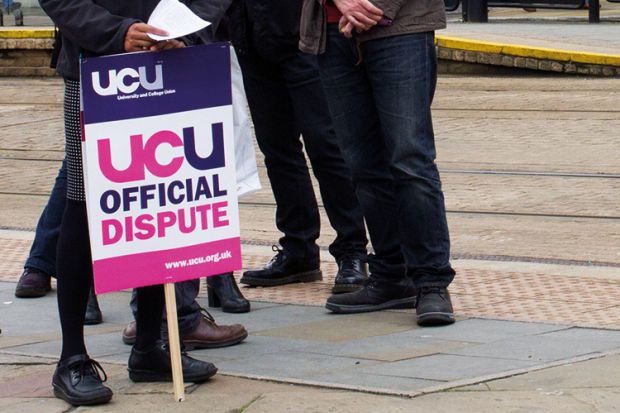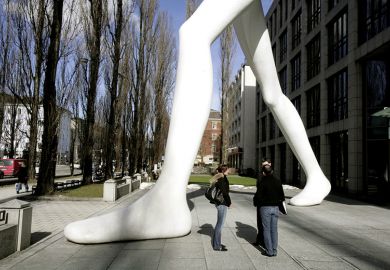With Brexit, the teaching excellence framework and campus freedom of speech issues occupying academics’ thoughts in 2016, the issue of pay in higher education struggled to win much attention.
But most academics realise that it was not a great year salary-wise for university staff, whose unhappiness over a 1 per cent national pay rise in 2015-16 was hardly lifted by this year’s 1.1 per cent deal imposed in the autumn.
That discontent was compounded by the closure of final salary pension schemes at pre-92 universities in April, with staff stumping up higher employee contributions to cover Universities Superannuation Scheme and National Insurance reforms, while rising inflation now threatens to eat into the real value of salaries in 2017.
So, reading how vice-chancellors at the UK’s top universities saw their pay packages swell by 6 per cent last year will hardly lighten their mood – with bonuses seemingly available for top brass while pay rises for rank-and-file staff remained minimal.
Employers will argue that this narrative does not tell the full story. Universities have paid out about 4 per cent extra in pay to cover additional costs for pensions and NI last year, they insist, while average pay increases were closer to 2.5 per cent last year if incremental rises enjoyed by many staff are included.
Others will point to the fact that a hefty pay-off to a departing vice-chancellor can distort the overall picture, which saw some university leaders (including those at the University of Nottingham and the University of Leeds) take no pay rise at all.
Last year’s staff walkouts and campus demonstrations over pay, however, suggest that the thorny issue of remuneration will not be settled for some time, particularly if a post-Brexit fall in international students puts a further squeeze on any future salary rise, as many fear it will.
This year’s analysis of Russell Group pay also considers how the heads of top US and Australian universities have fared recently, with overall pay packages still far in excess of those found in the UK, although the gap is perhaps not as large as some imagine.
Given the multibillion-dollar turnover of top US universities (the University of Pennsylvania’s turnover was $6.6 billion (£5.38 billion) in 2013-14 compared with the University of Oxford’s £1.3 billion in 2015-16), some might even view their presidents’ pay as reasonable.
And with $5 million-plus salaries sometimes handed to various US college football coaches and other highly paid university staff (one medic at Pennsylvania was paid $8 million, the latest figures show), it seems that US universities have other types of “fat cats” to worry about.
POSTSCRIPT:
Print headline: Generous increases at top-tier institutions likely to stoke discontent over earnings
Register to continue
Why register?
- Registration is free and only takes a moment
- Once registered, you can read 3 articles a month
- Sign up for our newsletter
Subscribe
Or subscribe for unlimited access to:
- Unlimited access to news, views, insights & reviews
- Digital editions
- Digital access to THE’s university and college rankings analysis
Already registered or a current subscriber?








